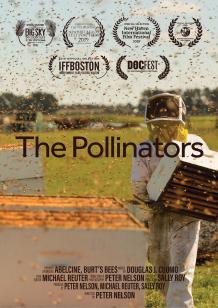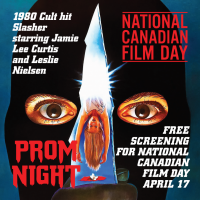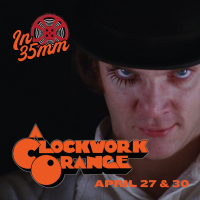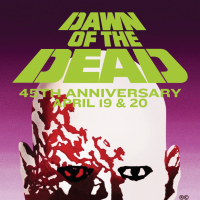“The Pollinators opens under a predawn thread of red light along a highway near California’s almond orchards. Hundreds of wooden boxes, stacked like dresser drawers on the back of tractor trailers, are surrounded by a soft veil of honeybees. Bob Harvey, a beekeeper at Bob’s Bees, estimates 18,000 honeybee hives or 40 truckloads will arrive that day. Our food economy, at least $20 billion of it, relies on the movement of the managed honeybee—a domesticated import from Europe—pollinating about one-third of our entire food supply.
“Farming’s reliance on the managed honeybee is a growing problem as the honeybee population continues to decline. Samuel Ramsey, an entomologist at the University of Maryland, College Park, estimates 33 to 50 percent of all honeybee colonies in the United States are dying every year.
“While theories around honeybee losses used to focus on worker bees abandoning their hives, the film says this is no longer the major cause of hive losses. Instead, a trifecta of problems is leading to honeybee losses: pesticides, parasites, and poor nutrition.
“When the film focuses on industrialized agriculture and how it’s impacting all native pollinators, it really buzzes.” - Sierra Club
Advance tickets available only through Demand.film online
























